Strictly Come Dancing is admirable, John Whittingdale says
- Published

The BBC took a risk on Strictly and it has 'paid off well', Mr Whittingdale said
Strictly Come Dancing is an "admirable" example of where the BBC took a risk on a show that was not guaranteed to be a hit, the culture secretary has said.
John Whittingdale was speaking on BBC One's The Andrew Marr Show after launching a debate on what types of programmes the BBC should make.
Of Strictly, he said: "The BBC took a risk. It paid off well and it has achieved a mass audience.
"And that seems to me admirable if you can do all those things."
The government published a Green Paper on the future of the BBC on Thursday, including the question of whether the corporation should be "chasing ratings" or delivering "distinctive, quality" programmes that are unavailable on other channels.
That has led to some suggestions that the BBC could stop showing Saturday night light entertainment programmes.
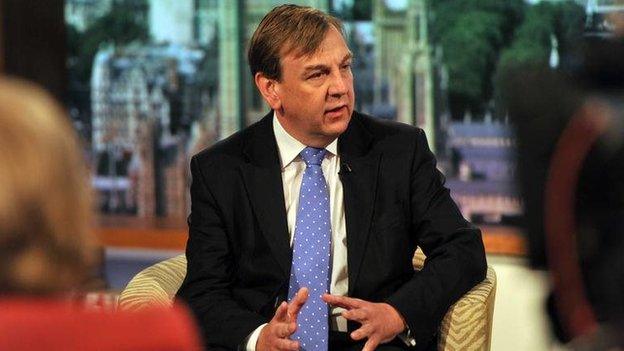
Mr Whittingdale said he was surprised by the BBC's response to the Green Paper
Asked about the difference between Strictly and the BBC's long-running Generation Game, Mr Whittingdale said: "Saturday night has always been a time when families sit around the television and we traditionally have had light entertainment shows.
"In many ways, Strictly Come Dancing is the successor to The Generation Game.
"But Strictly was perhaps, at first sight of the commissioning editor, not necessarily a show which was going to be as successful as it has proved to be.
"So I think the BBC took a risk. It paid off well and it has achieved a mass audience. And that seems to me admirable if you can do all those things.
"But, of course, in the age when you and I were sitting watching The Generation Game, the amount of choice available was extremely limited.
"At that time there were probably only about three channels, whereas now you've got 50, 60, 70 to choose from."
'Surprised' at response
Before becoming culture secretary, Mr Whittingdale had told the Guardian newspaper, external that it was "debatable" whether there was a public service argument for the BBC making Strictly.
The show should certainly not compete for viewers with X Factor on ITV, he told the paper.
On Sunday, Mr Whittingdale told Andrew Marr he was a "huge admirer" of the BBC.
But he said he was "a little surprised that the BBC expressed such disappointment at the Green Paper".
He said the document was "just a series of questions with no answers as yet decided".
Resignation call
The Green Paper comes as the government prepares to negotiate with the BBC over the terms of the corporation's next royal charter, which will come into force at the start of 2017.
Almost 30 celebrities, including Daniel Craig and Dame Judi Dench, have signed a letter warning against creating "a diminished BBC".
But some of the signatories have revealed that they were asked to sign by BBC executives.
Conservative MP Andrew Bridgend told the Sunday Express, external the BBC's director of television Danny Cohen should resign over the matter because it broke the BBC's lobbying guidelines.
However the BBC said its guidelines did allow it to lobby on matters of broadcasting policy.
In his interview on Sunday, Mr Whittingdale did not refer to the row but said he "fully agreed with" most of the letter's contents.
He added: "I admire the BBC. The last thing I want to do is undermine the BBC."
- Published16 July 2015
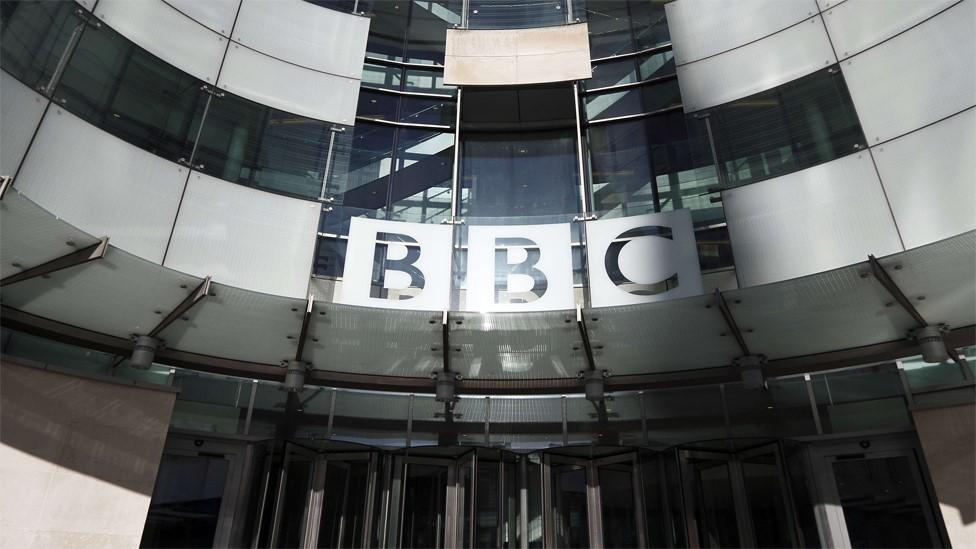
- Published16 July 2015
- Published16 July 2015
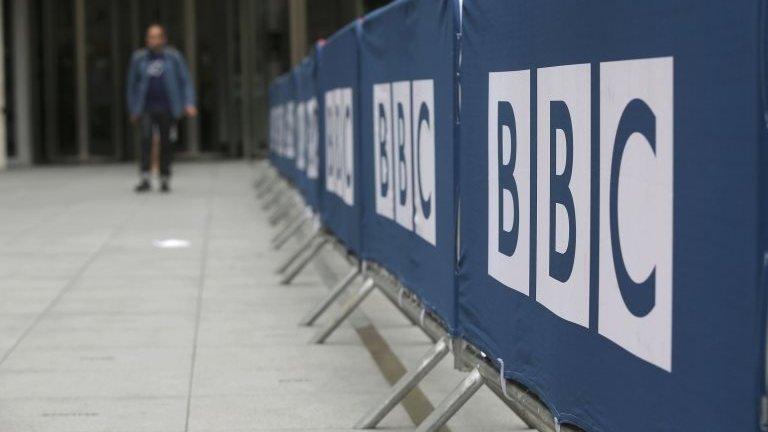
- Published16 July 2015
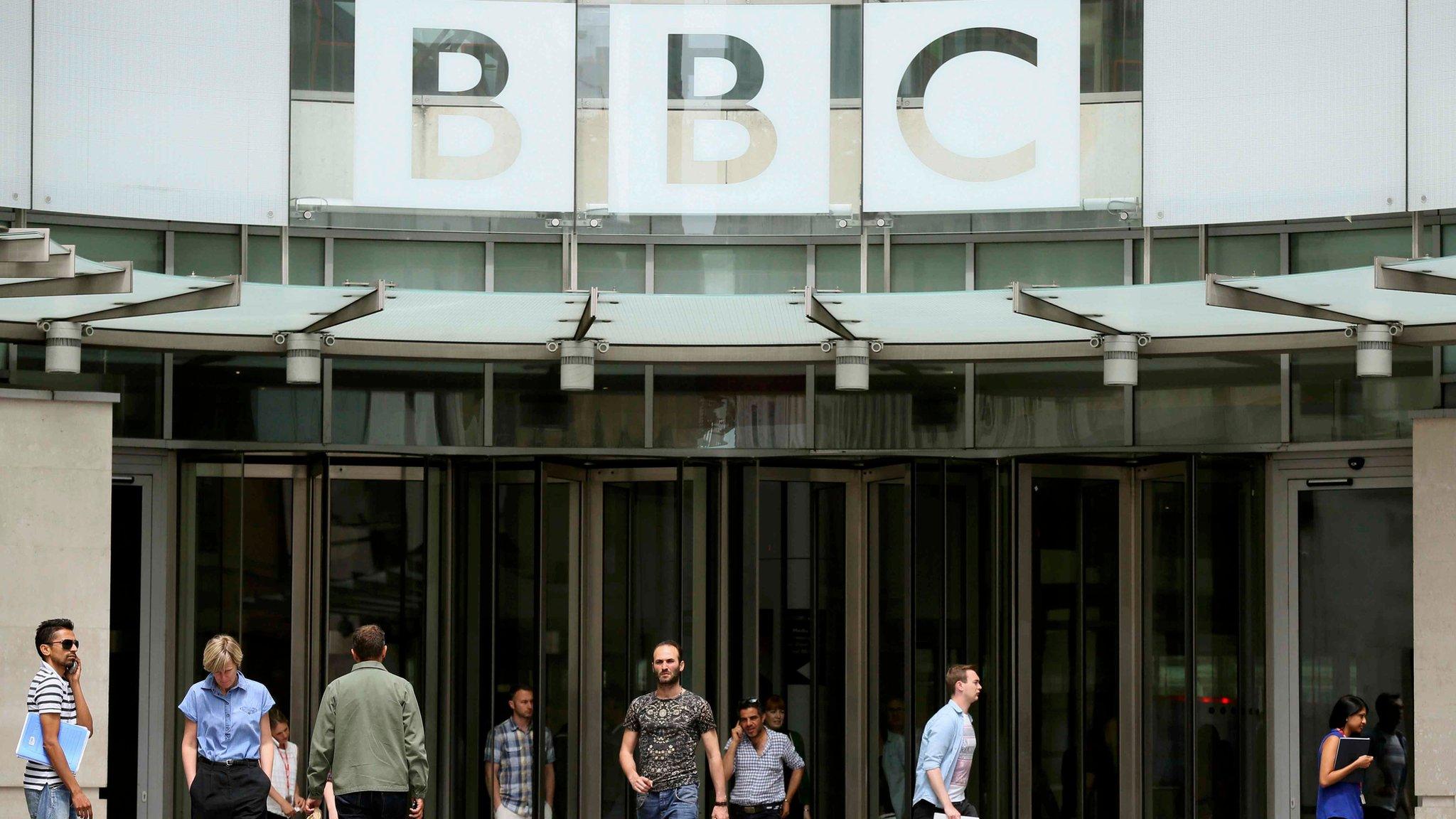
- Published15 July 2015
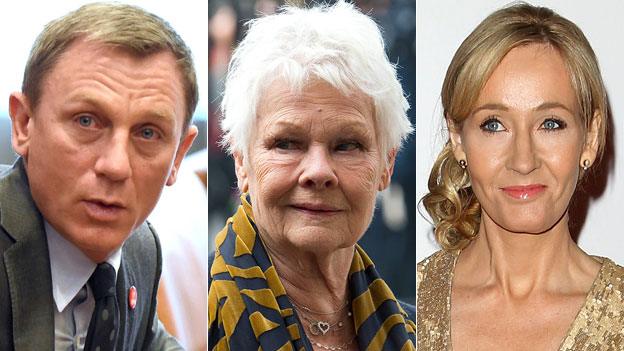
- Published14 July 2015
